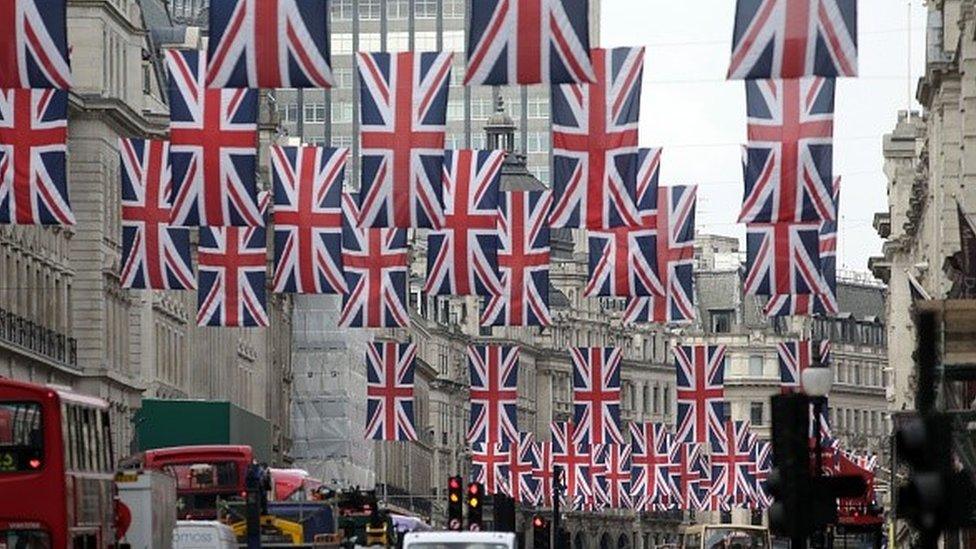London 'needs own visa system' post-Brexit
- Published
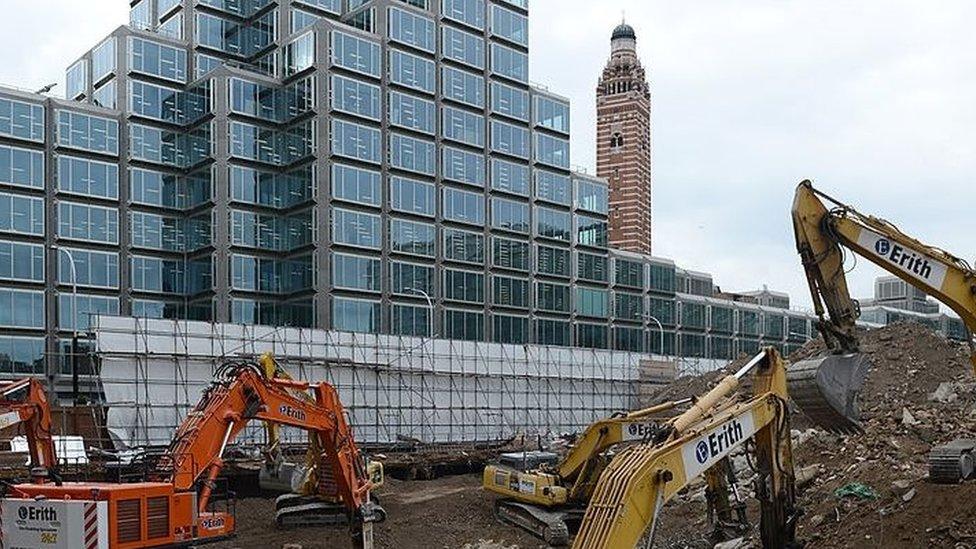
Migration curbs could hit London's construction industry disproportionately, the London Chamber of Commerce says
London needs its own visa system to allow higher levels of migration to avert economic decline post-Brexit, a leading business organisation has said.
The prime minister has said curbs on EU citizens' freedom of movement in the UK would be a red line for her and she has ruled out a points-based system.
However, 770,000 EU nationals living in the capital should be eligible for a visa to ensure their future in London, the chamber of commerce said.
They make up 15% of London's employees.
EU nationals also contribute more than £26bn to London's Gross Value Added - the value of goods and services produced - and they pay direct taxes of about £7bn a year.
Their departure from the workforce "would be economically harmful, impacting on various key industries and putting pressure on public funds", the chamber's research, external suggests.
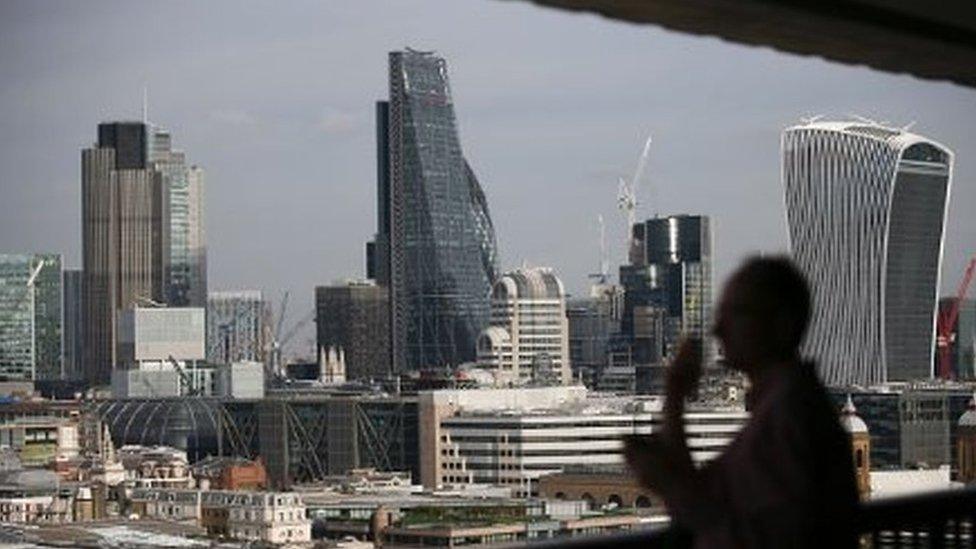
EU nationals working in London are believed to contribute up to £7bn in taxes per year
It could particularly hit construction, where foreign workers make up a third of the workforce, and financial services, where they make up a quarter.
In that sector there are acute worries post-Brexit about the future of passporting rights - an agreement that allows UK businesses to offer financial services anywhere in the EU and the wider European Economic Area including Norway, Iceland and and Lichtenstein, without the need for licences in individual countries.
Although this has yet to be clarified by the government, it is thought EU immigrants will in future have to enter the UK under the same arrangements applicable to non-EU migrants now which imposes minimum salary levels and insists on firm job offers.
Research suggests that by 2020, London may have lost access to 160,000 migrant workers, and there would be a loss to economic output of nearly £7bn a year and direct tax contributions of about £2bn.
The report , externalrecommends:
A London work visa - giving indefinite leave to remain to current EU workers
London to be a "targeted migration area"
to establish a shortage occupation list for London - to attract talent in certain sectors - as in Scotland
capital work permits to allow London to vary its own migration levels
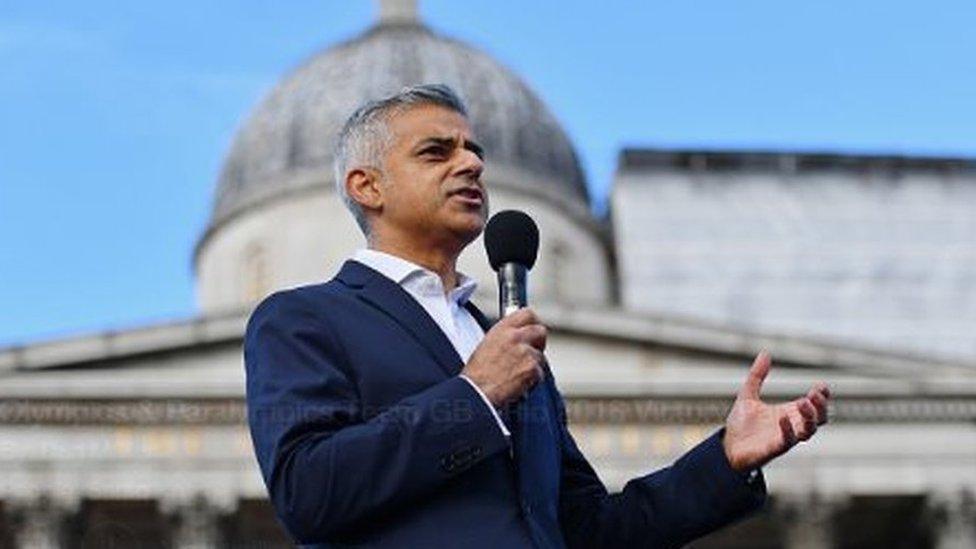
Sadiq Khan has pledged to keep London open for business
City Hall said the mayor was committed to keeping London open to foreign talent, but he is yet to commit to special immigration measures.
Speaking at an event launching the report, Ben Johnson, an adviser to the mayor on business, said the ability to attract foreign workers was vital along with "privileged" access to the single market.
He said the priority was to secure the future of the workers here now, although there was no explicit support from him for any of the business proposals.
Greater London Authority Conservative group leader Gareth Bacon said: "Now that we have won the war over Brexit and have re-secured the power to govern ourselves, we have a great opportunity to shape our immigration policy in ways that best suit our needs and ambitions.
"Whether this should involve special arrangements for London is yet to be determined, but the LCCI proposals are worthy of consideration and make a valuable contribution to that debate."
- Published23 September 2016
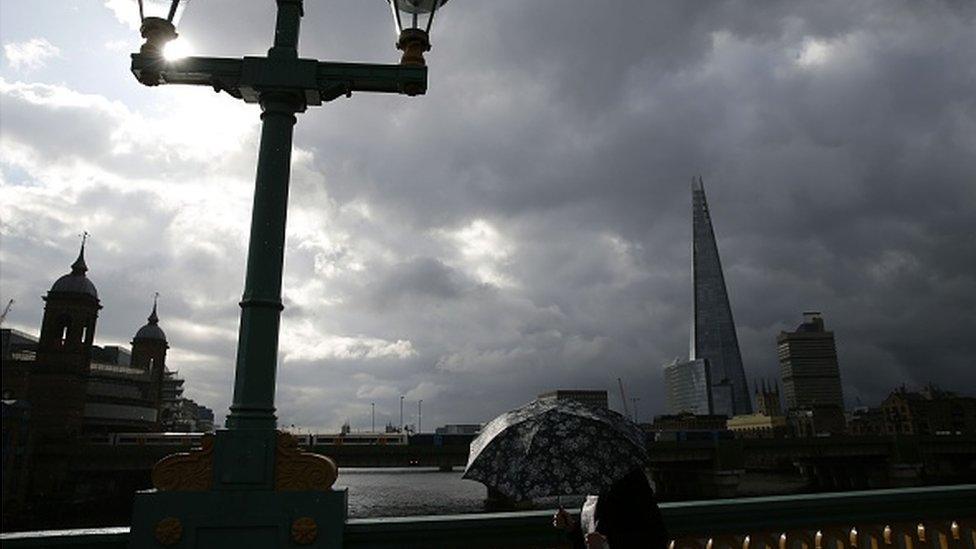
- Published14 September 2016
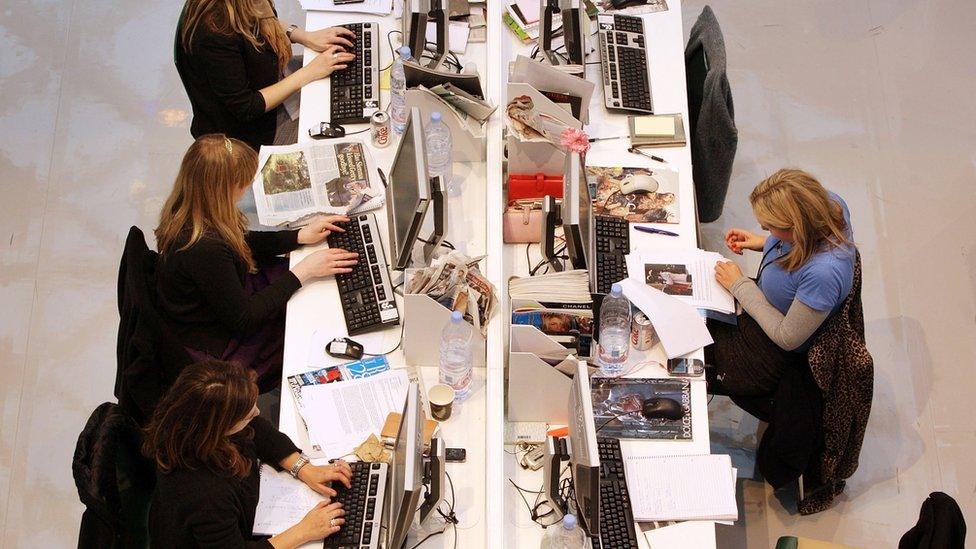
- Published1 September 2016
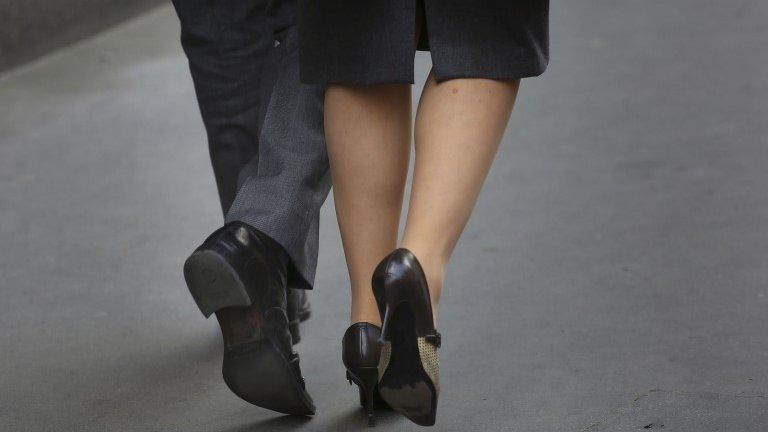
- Published19 August 2016
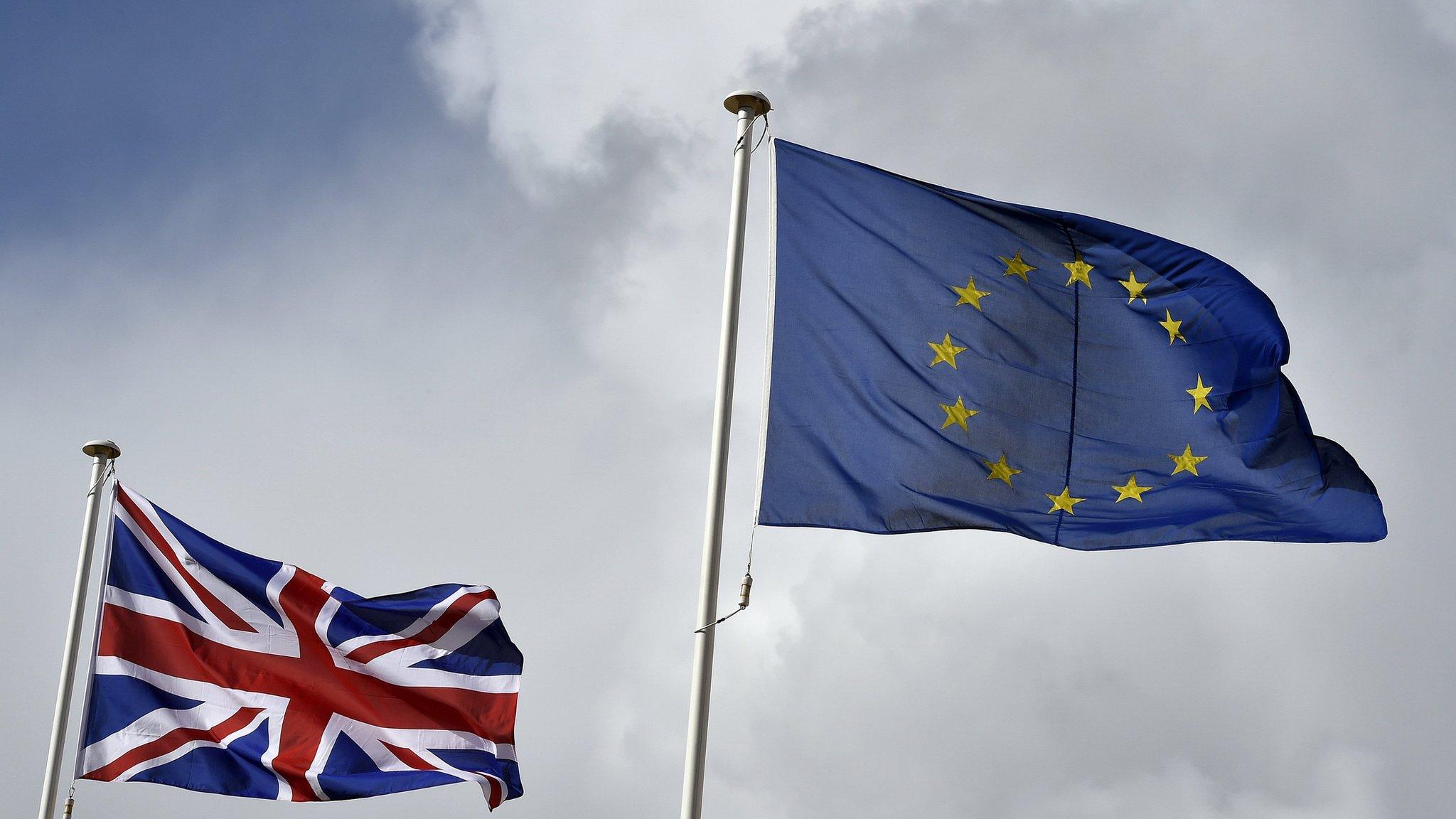
- Published21 June 2016
